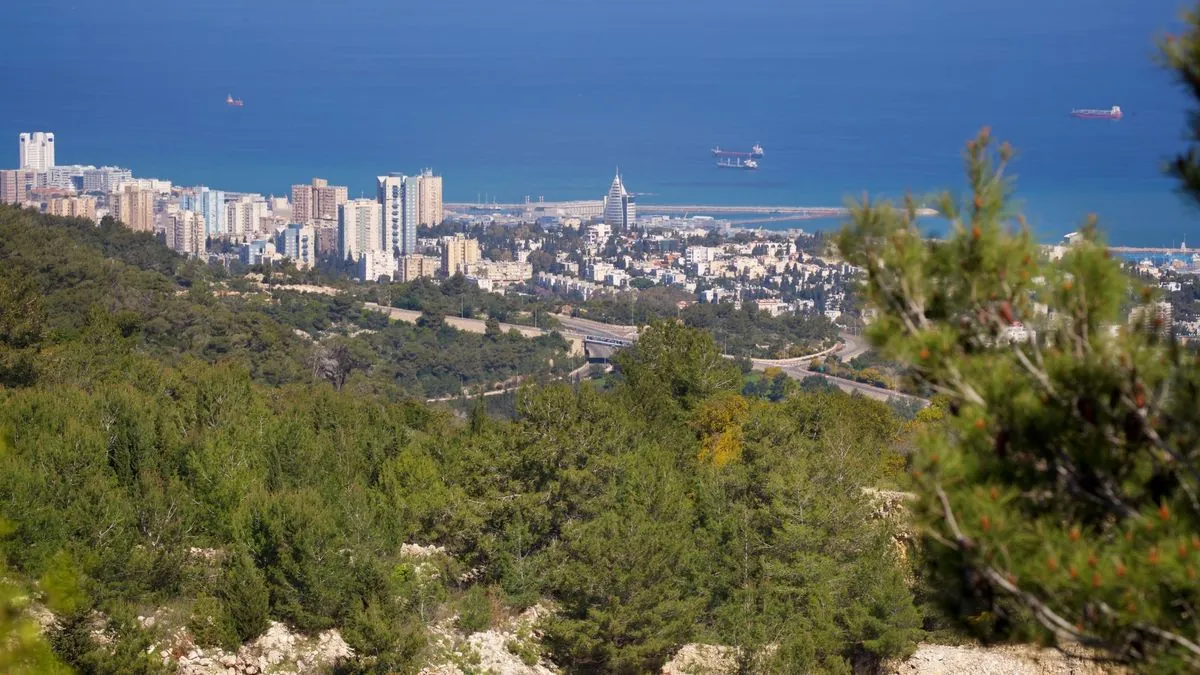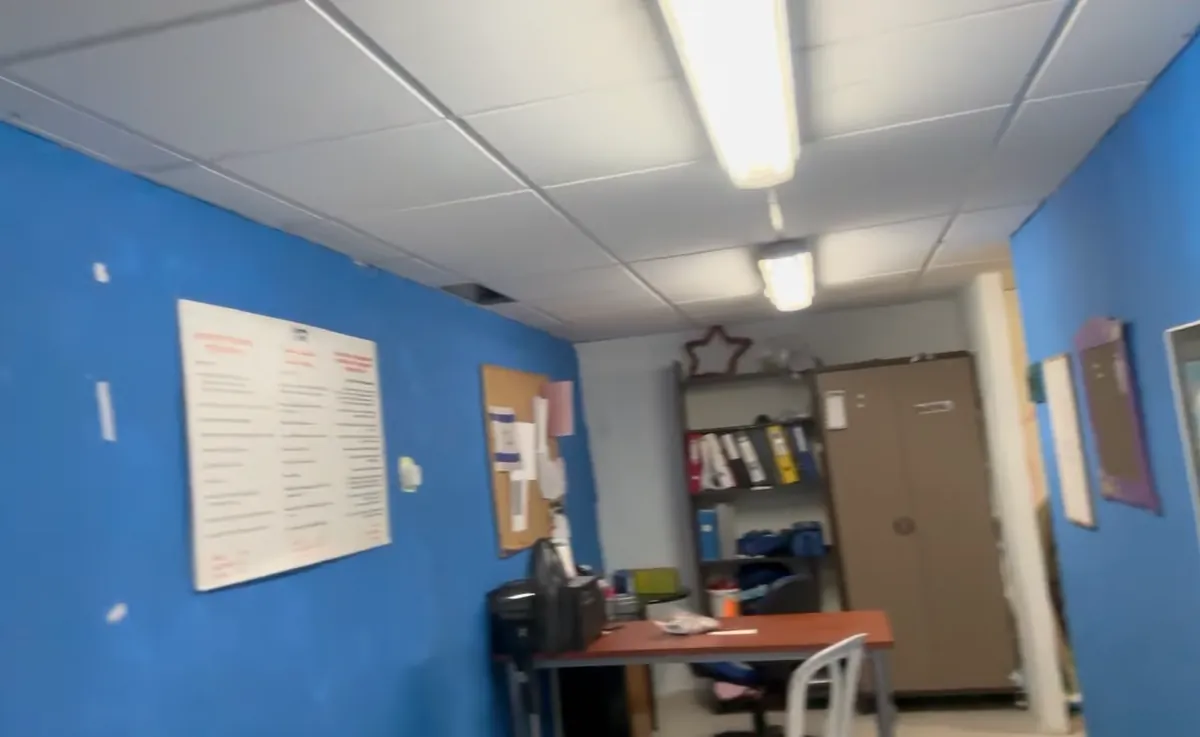Haifa on Edge: Israel's Northern Hub Braces for Potential Conflict
Haifa, Israel's third-largest city, prepares for possible escalation with Hezbollah. Public shelters open as residents face economic challenges and disrupted daily life amid rising tensions.

In the coastal city of Haifa, Israel's third-largest urban center, an atmosphere of tension permeates the air as residents brace for a potential escalation in the conflict with Hezbollah. The city, known for its diverse population and rich history dating back to the 3rd century CE, now finds itself at the forefront of rising hostilities.
Haifa, home to nearly 300,000 people, has seen its normally bustling beaches emptied and businesses closing early. The city's vibrant cultural scene, which includes the annual Haifa International Film Festival, has been put on hold as public bomb shelters become the most frequented locations.
The current situation echoes the 2006 war between Israel and Hezbollah, which saw Haifa targeted by approximately 300 rockets. Now, 18 years later, the city faces a similar threat, albeit with improved defense systems. The Israeli military reports that five rockets have been launched towards Haifa since September 22, 2024, with one striking a suburb and causing damage to homes and vehicles.
In response to the mounting tensions, Haifa has implemented various protective measures. The municipality has opened 110 public shelters equipped with essential amenities, catering to the 40% of the population without access to private shelters. Additionally, about 60,000 children and teenagers have transitioned to remote learning, while the city's main hospital has relocated patients to a fortified underground ward.

The economic impact of the conflict is particularly concerning for Haifa's residents. The city, which plays a significant role in Israel's high-tech industry known as "Silicon Wadi," is experiencing a slowdown in business activities. This effect is especially pronounced among the Arab population, which comprises about 11% of the city's residents and generally faces greater economic challenges.
Amal Oraby, a local activist, highlights the dilemma faced by business owners: "If I open, I lose money. If I close, I lose money." This economic strain adds to the overall stress experienced by the population.
Despite the current challenges, Haifa's rich history and diverse attractions remain a testament to its resilience. The city is home to the Bahá'í World Centre, a UNESCO World Heritage site, and boasts the only subway system in Israel. Its strategic location has made it a key port city since ancient times, mentioned in biblical texts in reference to the Carmel Mountains on which it is built.
As the situation continues to evolve, Haifa's residents remain on high alert. The constant threat of rocket attacks has disrupted daily life, with many spending extended periods in shelters. Orly Betesh, a local resident, describes the situation: "There is constant shelling here. This is the only place we have to protect ourselves."
While the city faces uncertain times, its history of coexistence between Jewish and Arab communities, along with its technological advancements and cultural significance, may prove to be sources of strength as it navigates this challenging period.
"Everything is lousy. The air raid sirens don't stop."
As Haifa, the cultural and economic capital of northern Israel, stands at this critical juncture, its residents hope for a peaceful resolution while preparing for the possibility of further escalation. The city's resilience, built over centuries of history, will undoubtedly be put to the test in the coming days and weeks.


































